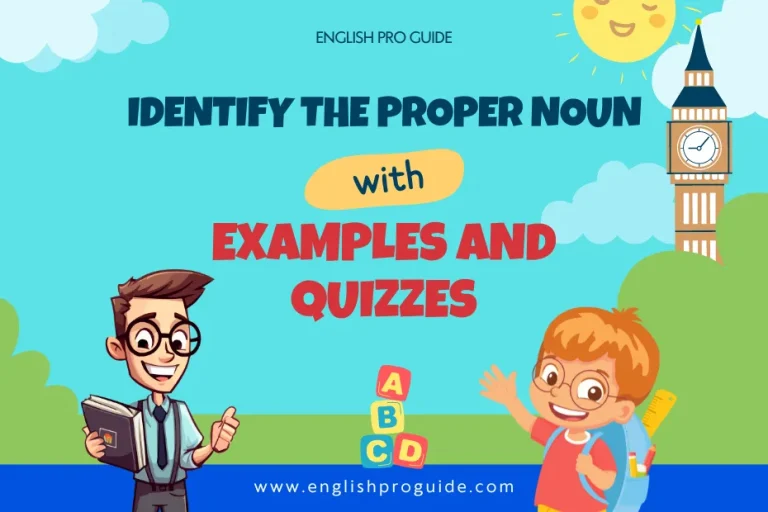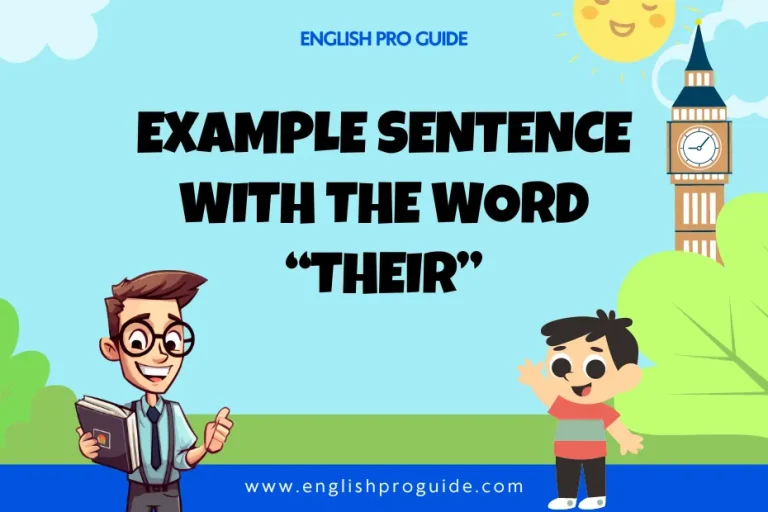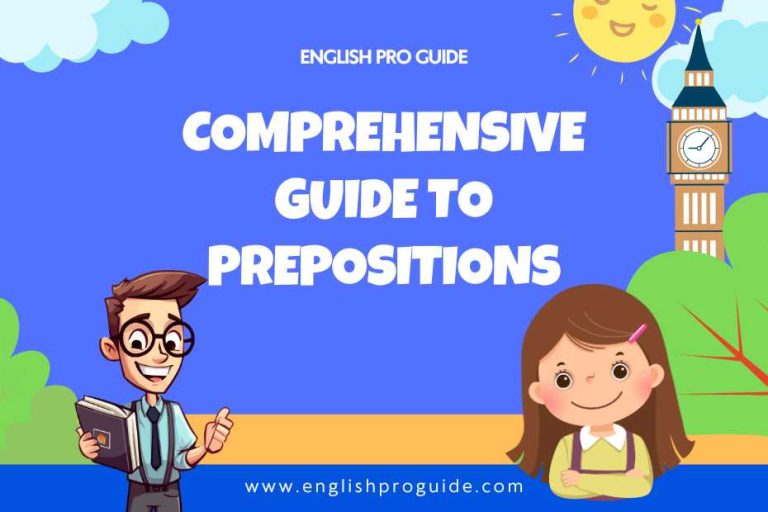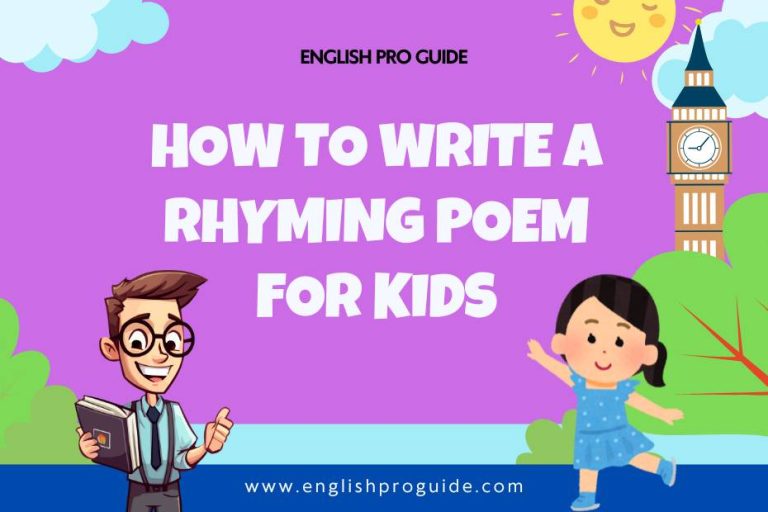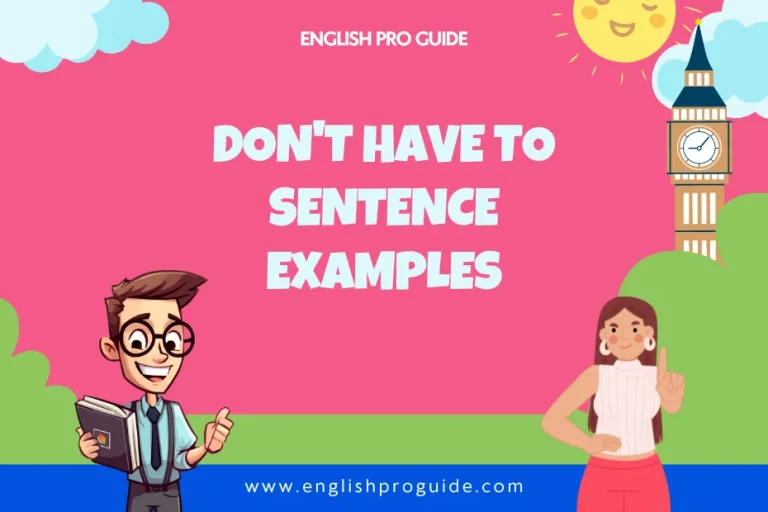The Power of Interjections: Adding Emotion to Language
An interjection is a part of speech that expresses strong emotions or reactions, often standing alone in a sentence, like “Wow!” or “Oops!”
When learning English, understanding interjections can make your language skills more expressive and natural. But what is an interjection in parts of speech, and why is it important?
Let’s break it down in simple terms, so even beginners can follow along.
What is Interjection in Parts of Speech
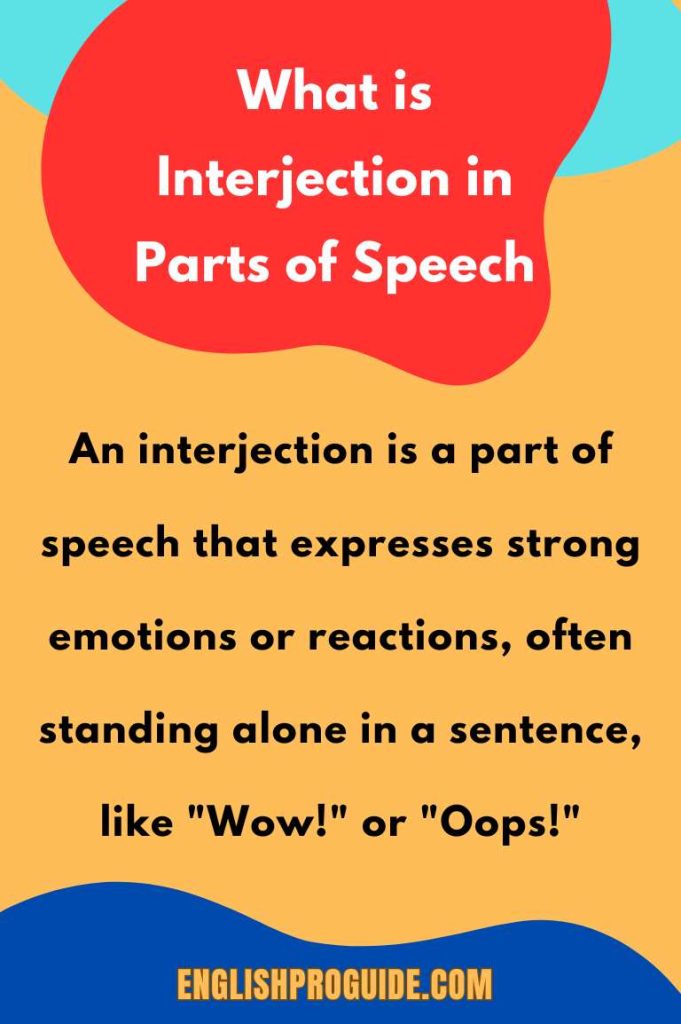
An interjection is one of the eight parts of speech in English grammar. It is a short word or phrase that expresses strong emotions, feelings, or reactions.
Interjections are often followed by an exclamation mark (!) or a comma, depending on how intense the emotion is.
For example:
- Wow! That’s amazing.
- Oh, I didn’t know that.
Interjections are unique because they don’t directly interact with other words in a sentence. Instead, they stand alone, adding emotion or emphasis.
Read More: 250 Simple Sentences With Short Vowels Sounds
Examples of Interjections in Everyday English
| Interjection | Example Sentence |
|---|---|
| Wow! | Wow! That’s an incredible view. |
| Oh! | Oh! I forgot my wallet. |
| Oops! | Oops! I spilled the coffee. |
| Yay! | Yay! We won the game. |
| Aha! | Aha! Now I see the problem. |
| Alas! | Alas! We missed the last train. |
| Hooray! | Hooray! It’s finally Friday. |
| Ouch! | Ouch! That really hurt. |
| Hey! | Hey! Stop right there! |
| Phew! | Phew! That was a close call. |
| Hmm… | Hmm… I’m not sure about this. |
| Ah! | Ah! This coffee is perfect. |
| Ugh! | Ugh! This food tastes awful. |
| No! | No! I don’t want to go there. |
| Yes! | Yes! That’s exactly what I meant. |
| Oh no! | Oh no! I forgot my homework. |
| Bravo! | Bravo! That was a fantastic performance. |
| Eww! | Eww! That’s so gross. |
| Whoa! | Whoa! Look at that massive building! |
| Shh! | Shh! The baby is sleeping. |
Why Are Interjections Important in Parts of Speech?
Interjections are crucial because they add personality to your speech or writing.
Whether you’re excited, surprised, or disappointed, interjections help you communicate these feelings effectively.
When you know what is an interjection in parts of speech, you can use them to:
- Express emotions directly.
- Make your sentences more engaging.
- Add a conversational tone to your writing.
Read More: What Are the Different Types of Pronouns?
Types of Interjections
- Interjections for Greeting
These are used to say hello or goodbye:- Hi! How are you?
- Bye! See you tomorrow.
- Interjections for Joy
Expressing happiness or excitement:- Yippee! We’re going on a trip.
- Interjections for Surprise
Showing shock or amazement:- Oh! I didn’t expect that.
- Wow! That’s incredible.
- Interjections for Pain or Discomfort
Indicating physical or emotional pain:- Ouch! That hurts.
- Alas! It’s too late now.
- Interjections for Agreement or Disagreement
Showing support or opposition:- Yes! I agree with you.
- No! That’s not right.
How to Use Interjections Correctly
Here are some tips for using interjections effectively:
- Match the Tone: Use interjections that suit the situation. For example, use “Hooray!” for celebrations and “Alas!” for sadness.
- Be Mindful of Formality: Interjections are more common in informal speech or writing. Avoid overusing them in professional or academic settings.
- Punctuate Properly: Use an exclamation mark for strong emotions and a comma for milder reactions.
Fun Exercise: Practice Using Interjections
To improve your skills, try using interjections in sentences. For example:
- Write 5 sentences expressing happiness using words like yay or hooray.
- Create 3 sentences that express surprise using wow or oh.
This will help you understand how to integrate interjections naturally into your conversations or writing.
Conclusion
Now you know what is an interjection in parts of speech and how it can enhance your communication.
Interjections are small but powerful words that add life to your sentences. Whether you’re expressing joy, surprise, or frustration, these words make your language more relatable and engaging.
So go ahead and experiment with interjections in your everyday conversations. You’ll see how much of a difference they can make!

